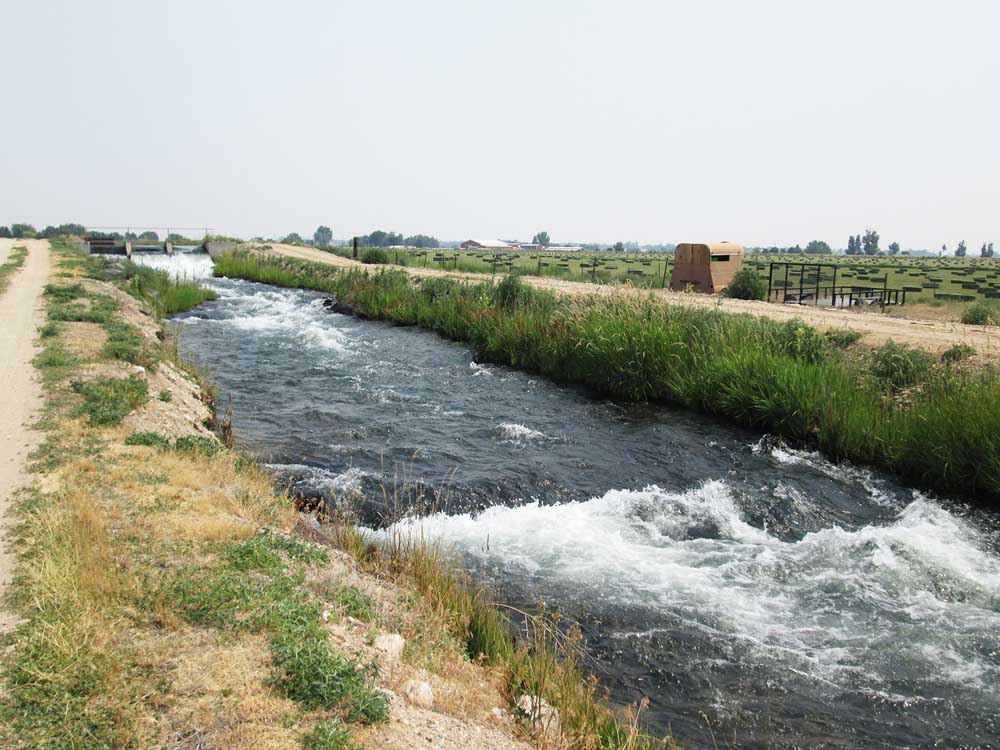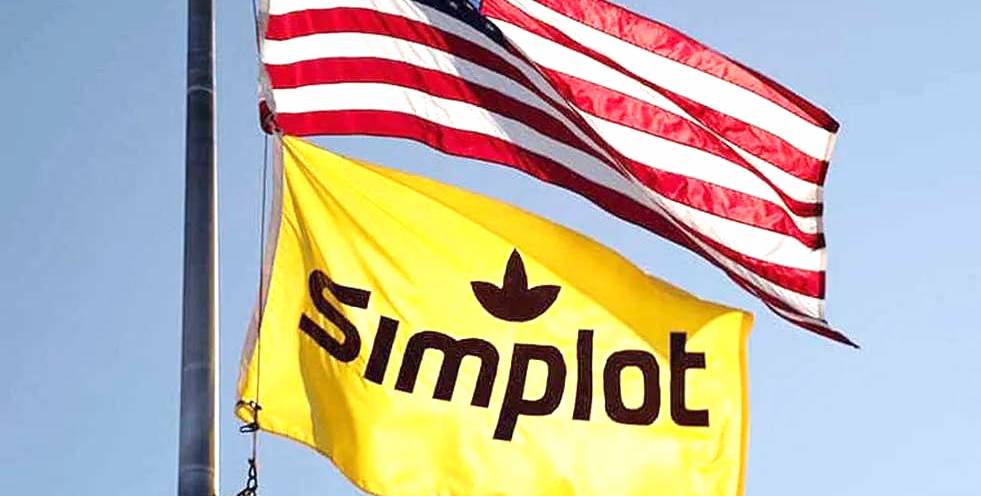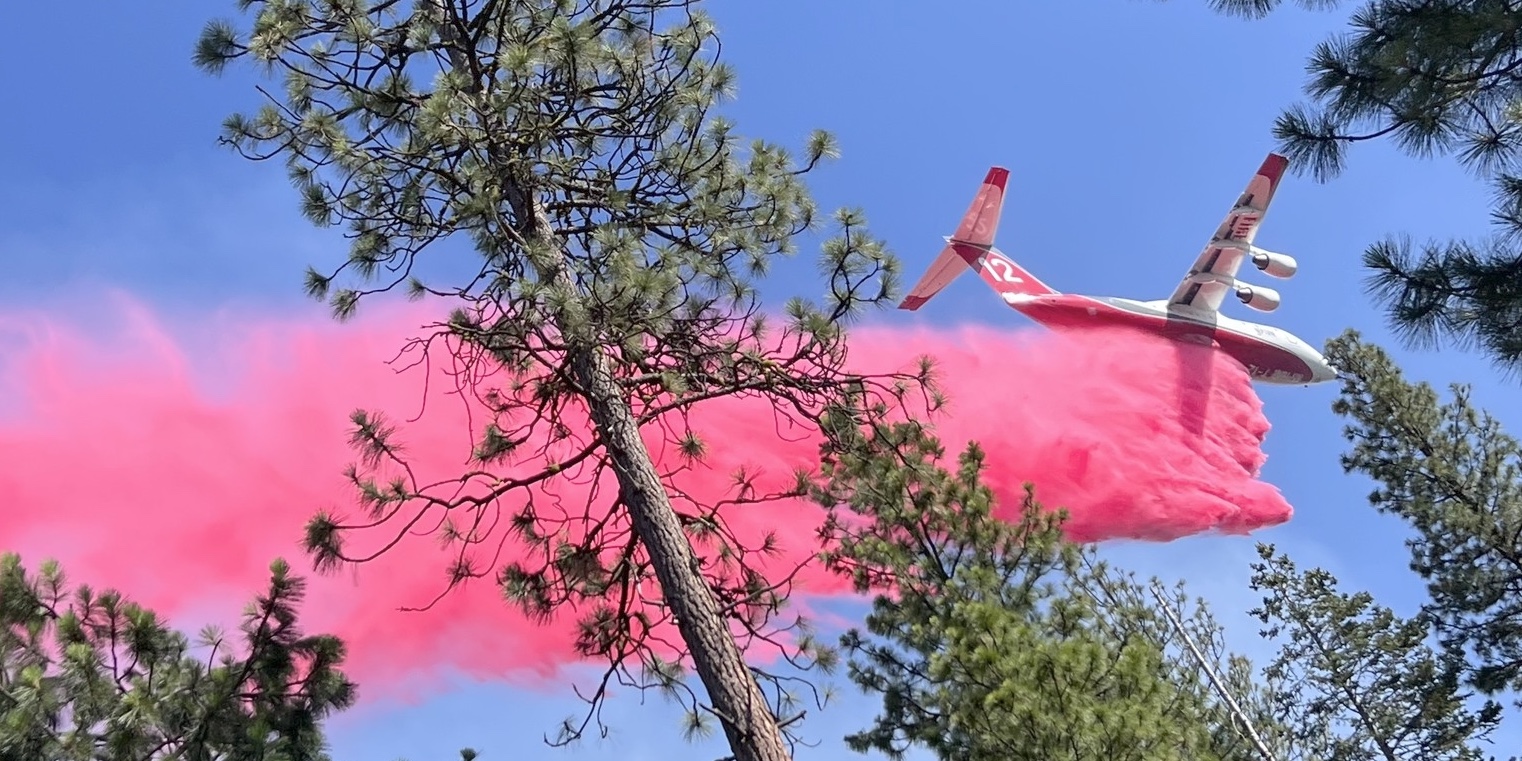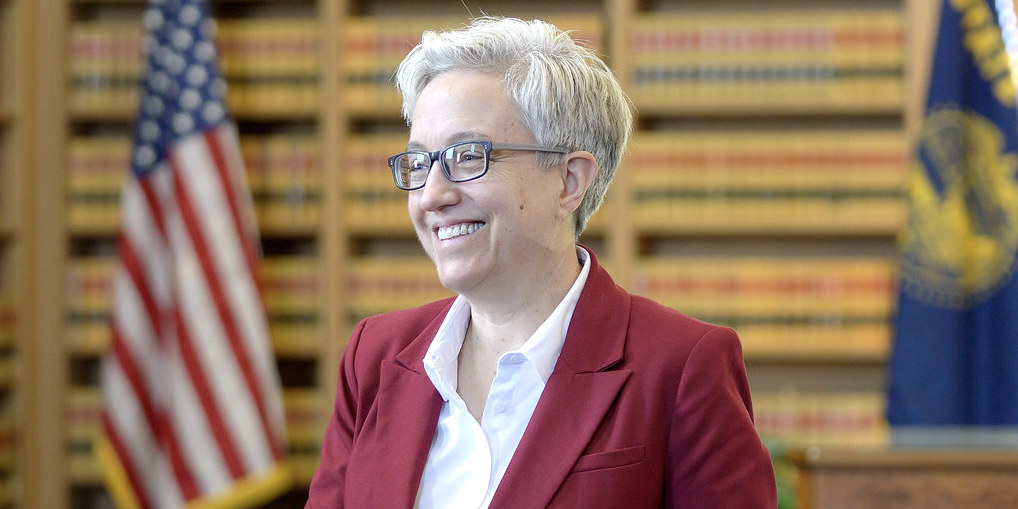Risch: BLM hindering aquifer recharge in Idaho
Published 12:20 pm Wednesday, October 18, 2023

- A canal near Kuna, Idaho. Irrigators are warning that it is unsafe to swim or play in canals because of the fast-moving water and other hazards.
Idaho’s congressional delegation is urging the Bureau of Land Management to correct a legal interpretation that has stopped the Idaho Water Resource Board from using existing rights of way for aquifer recharge.
Trending
The Aquifer Recharge Flexibility Act, passed in 2020, allows the holder of a right of way, easement, permit or other authorization to transport water across BLM land for aquifer recharge without requiring further authorization if it does not expand or modify the authorization across public land.
IWRB contracts with irrigation entities to transport water owned by the board through irrigation canals to recharge the aquifer in off-canal recharge sites and through in-canal seepage, the lawmakers said in a letter to Tracy Stone-Manning, BLM director.
“Many of the irrigation canals with which IWRB contracts cross BLM lands. The irrigation entities who operate these canals have existing rights of way with the BLM for their canal systems,” they said.
Trending
BLM hurdle
But BLM’s position is the law does not cover third parties who use someone else’s right of way for their aquifer recharge and does not apply to any entity that is not the holder of the existing right of way, according to the lawmakers.
Among other things, the intent of the law was to facilitate the use of irrigation canals for aquifer recharge without needing to seek additional easement authority, Sen. Jim Risch, R-Idaho, said in a recent hearing of the Senate Water and Power Subcommittee.
“However, despite the consent of easement owners and clear flexibility provided within the law, the BLM is interpreting that law as not applying to Idaho Water Resource Board and preventing this efficient form of recharge,” he said.
“The intent of the bill and language of the bill was and is clear. Yet the BLM has decided that the canals cannot be used for community benefit for water transport,” he said.
Recharge successIWRB has been recharging aquifers for eight years and over the past five years has been able to recharge the Eastern Snake Plain Aquifer an average of 250,000 acre-feet annually, Al Barker, a member of IWRB, said during the hearing.
“The BLM interprets … the statute that you all passed to not apply if the water board is the one doing the recharge, when we’re the ones doing all the recharge,” he said.
“They are interpreting the statute to apply only if the owner of the canal is doing the recharge for the owner of the canal’s benefit,” he said.
Most of those canal owners don’t use groundwater. They use surface water, he said.
“So our goal is to use their canals to recharge the ground for our groundwater users and for the benefit of the aquifer, and the BLM’s interpretation is making that difficult to achieve,” he said.
Red tapeRecharge is being done, but BLM’s position is delaying recharge, said Wesley Hipke, water projects supervisor at the Idaho Department of Water Resources.
The water resource board has gone through BLM’s process to obtain an easement for its water rights for recharge, but that can take a year or two, he said.
BLM hasn’t denied any of those easements. But there are places in Idaho and the rest of the country where BLM’s position could be enough of a hindrance to stop a project, he said.
The language of the bill is clear, and BLM gives no reason for its position, Risch said.
“So we may be passing a bill that says, ‘Read it again, we really, really mean it.’ Maybe that will help, I don’t know,” he said.
BLM has not yet responded to Capital Press’ request for comment.







